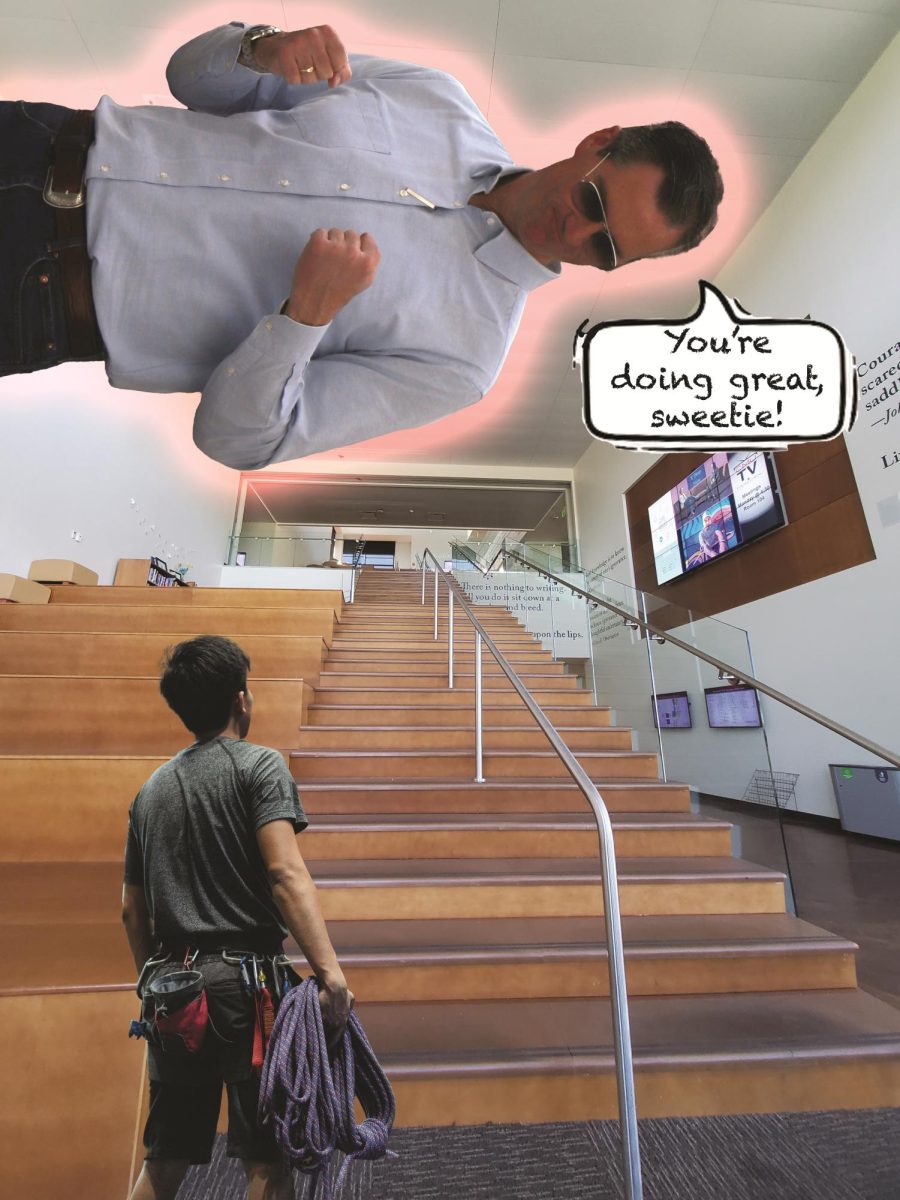Ecological sustainability means conserving water, soil and natural ecosystems and trying to lessen our carbon footprint so humanity can sustain themselves longer. The phrase “killing the Earth” is incorrect; we are actively killing ourselves.
Colorado Mesa University (CMU) has clubs that focus on this issue, yet nothing is done. Most of our campus is grass, which is constantly mowed and watered. Sprinklers even run at 2 a.m. Colorado has been on the Drought Monitor since 2000, and the last three or so years, we have had extremely light snowfall. This has caused reservoirs, rivers and other bodies of water in Colorado to decrease significantly.
Not only does our own population rely on those water sources for drinking, bathing and irrigation, our water is also distributed to other states downstream, making it all the way to California. Now that we see the importance of water from Colorado and how we have been severely lacking in supply, we can ask why CMU has deemed it responsible to use so much water on campus.
The next issue is biodiversity. The vegetation around campus is lacking there. Repetition of flowers, trees and sod grass affects the insect and animal population around us. Pollinators such as bees cannot thrive without a plethora of different plants.
Soil is also affected; eventually nothing will be able to grow because all of the nutrients in the soil will be depleted. We can solve this by taking the initiative to plant more diverse plants around campus.
Another problem is that we use non-native plants. There are so many beautiful plants native to Colorado, such as the Columbine, Giant Goldenrod, Aspen trees and Mountain Snowberry.
Invasive species can destroy an entire ecosystem, especially when pollinators are spreading what we have on campus to other places in Grand Junction. Including these native plants and native grasses could improve the situation drastically. This will also lessen the amount of water we use because native plants self sustain for the most part.
When CMU students were asked what the importance of plants were, a few said oxygen. While they were not wrong, there are so many more reasons to care about the ecosystem around us.

Bees, for example, are on the decline. When we use plants not acclimated to our native environment, we tend to use more pesticides, which harm the bee population immensely.
More often than not, potted plants use neonicotinoids: a pesticide that has been banned in 16 countries. While looking at cost, they might seem like the better option, but what about the harm?
Neonicotinoids are extremely harmful to soil and water. If they get into the water supply (which is almost 100 percent guaranteed), they can cause livestock to get sick.
CMU needs a push back on campus from students and faculty to ensure that our campus is environmentally sustainable. This is an issue that affects every single student.
When we set a precedent that college campuses should be advocating for the environment, many other institutions will start to follow.









